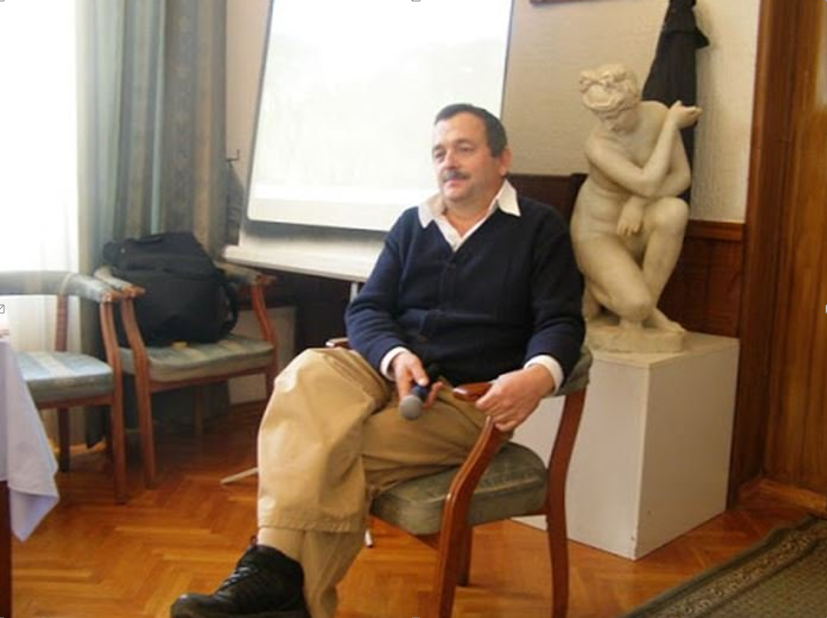Written by: Jovan Nikolaidis
I'm putting together an essay about identities in Montenegro — and a pamphlet, too — about the sly government and the politicians who skillfully weave themselves into that kaleidoscope of belonging, offering each group tiny morsels of vanity. Because identity, above all else, is a vast field of vanity in a being that clings to the collective, bound together by carefully orchestrated drops of blood...
The dim light of day, the crushed spirit of someone who hardly cares about identity anymore, worn down by hunger and battered by endless political nonsense. In the end, identity is — me, and never — us.
My body feels like dough, endlessly kneaded between the palms of a rainy giant who spells it out to me: "You are Montenegrin, not Serbian."
But what about being Greek? Aromanian? Bosniak? Albanian? Judas Iscariot — COSMOPOLITAN!
Our thoughts on identity — what a bleak rhapsody: an offensive of selfishness, bundles of cynicism, shrieks of sarcasm — Mother of God!
Any conversation about Montenegro’s people's identity—or the phenomenon of identity in general—demands a parallel discussion of the Balkans’ complex history. We’re talking about a "shirt and a coat worn at the same time"—that's how deeply intertwined and mixed we are.
Until yesterday, the way identity was handled in my homeland could have served as a model for other countries — those that aspire, to greater or lesser degrees, to dance the folkloric dance of identity politics.
Following the guidelines of Euro-Atlantic integration, striving to become equal runners in the race. From dreams to realities.
As with any social process, the path is fraught with tangled relationships, lingering unresolved issues — political, religious, economic, and cultural — with vague professional and other ties among the countries of the Balkans and the Mediterranean.
Stronger regional cooperation remains a thorny road, moving from closed systems toward an open society.
A lesson for which, it seems, we will have to call upon wise and learned teachers — not the crowd of charlatans from Montenegro’s current political stage, nor the so-called intellectuals who have betrayed and sold us out a thousand times over — and will again, if we’re lucky.
An elite? It doesn't live here. The illusion of an elite—yes, maybe a few grains of gold hidden among the mud and weeds.
What holds Montenegro’s European identity back from faster progress? What pushes it forward?
What are the prospects for reaching the ideal model: to be both a state and a nation at once, where every individual can claim their place in a free country of free individuals? Impossible!
With all the layers of a capricious past blanketing us like Arctic snow, identity here — and for us — can never be a simple encyclopedic fact about a people, a race, a culture, to be confirmed unanimously in the Parliament of Montenegro.
Rather, it must remain a complex, evolving analysis of the social and political forces within Montenegrin multiculturalism — a multiculturalism that has always existed here, fragile and battered like a poor child of reckless parents.
When it comes to shaping a new European state and a new national identity within the Union, we’ve hitched ourselves to that task with only half our strength.
Because we are — the most beautiful, the smartest, the bravest.
For I tell you — there are none better than us, not anywhere in the whole wide world!








Komentari (0)
POŠALJI KOMENTAR